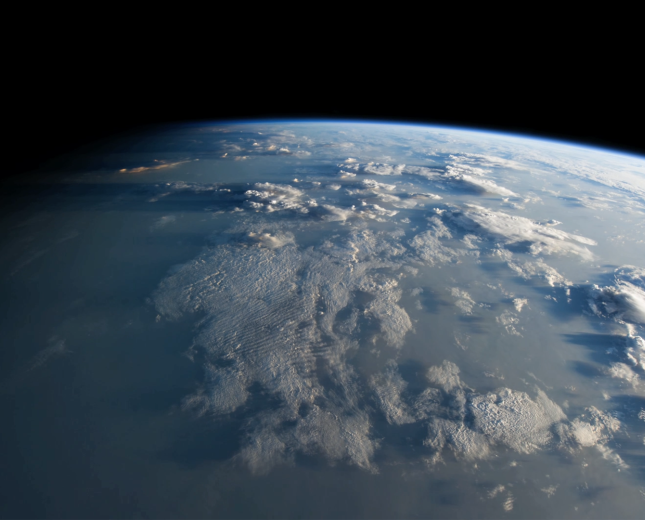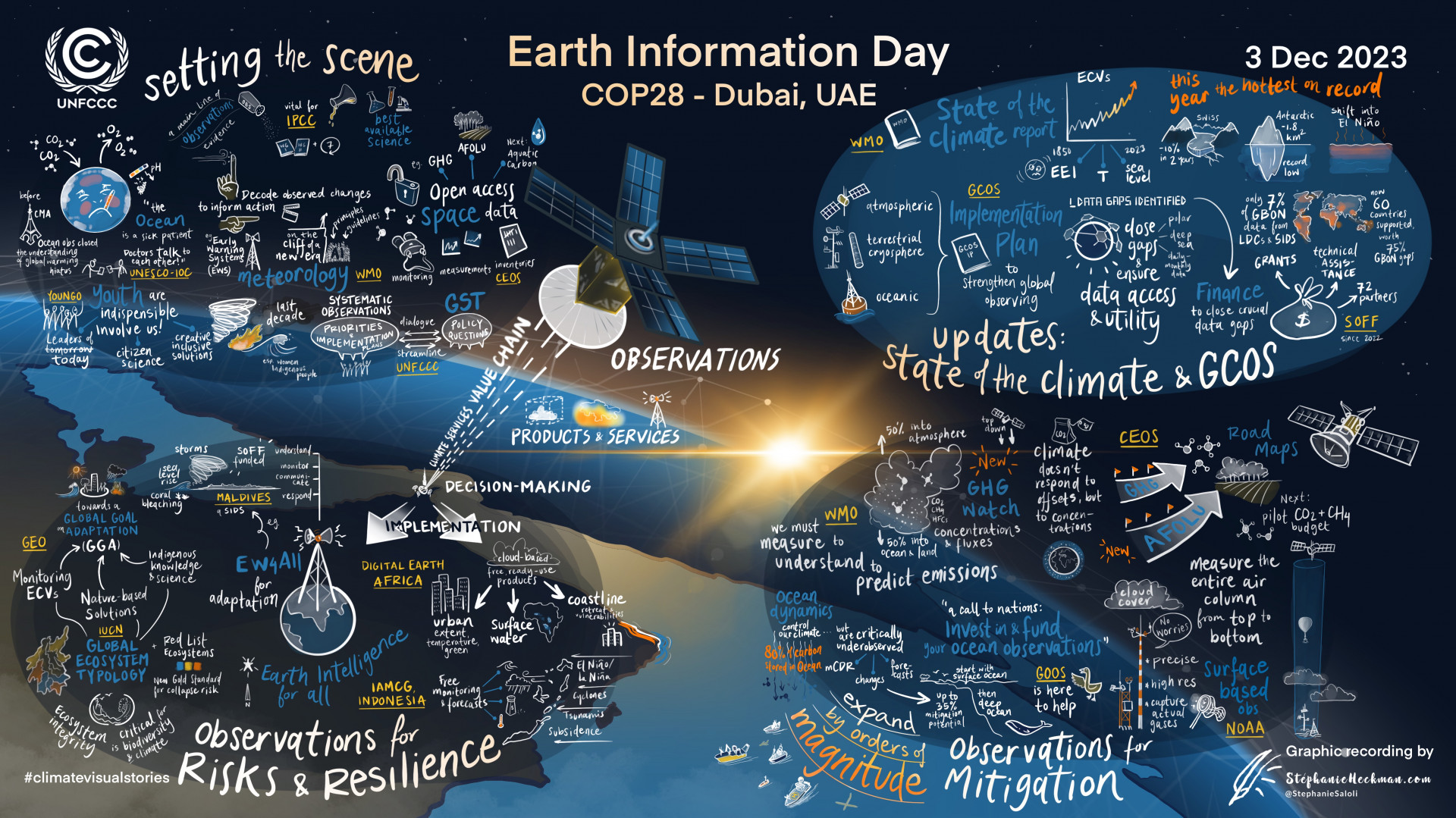0
Earth Information Day 2023
03
Dec.
2023
10:00h
-
17:00h
GST/UTC+4
Dubai, United Arab Emirates
United Arab Emirates
Science
UNFCCC
English
0
Earth Information Day 2023
03
Dec.
2023
10:00h
-
17:00h
GST/UTC+4
Dubai, United Arab Emirates
United Arab Emirates
Science
UNFCCC
English

